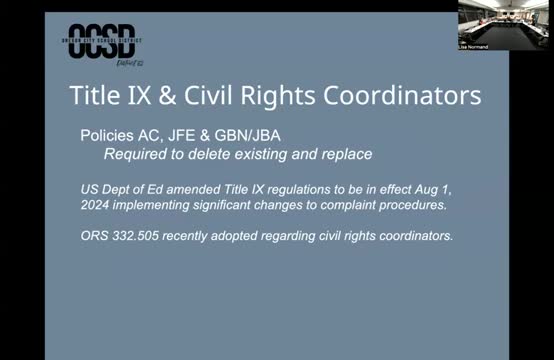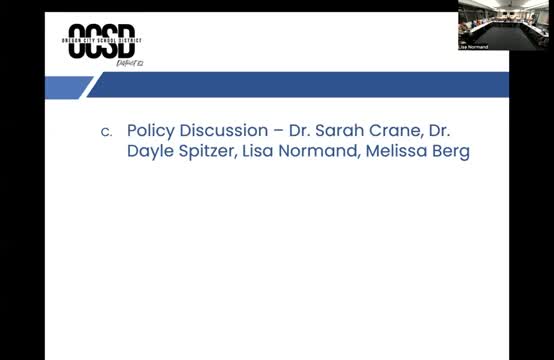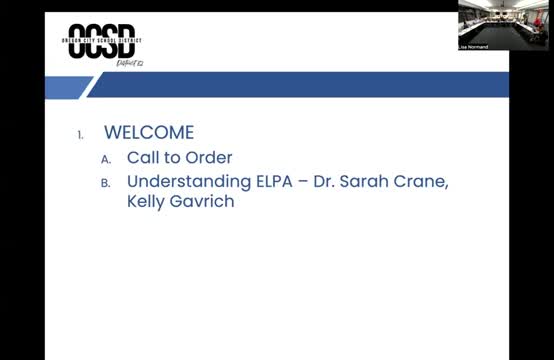Article not found
This article is no longer available. But don't worry—we've gathered other articles that discuss the same topic.

Board reviews package of policy updates on civil-rights coordinator, leave, medication and services for pregnant/parenting students

Oregon City School District advances draft graduation policy changes; civics and higher-education planning added

